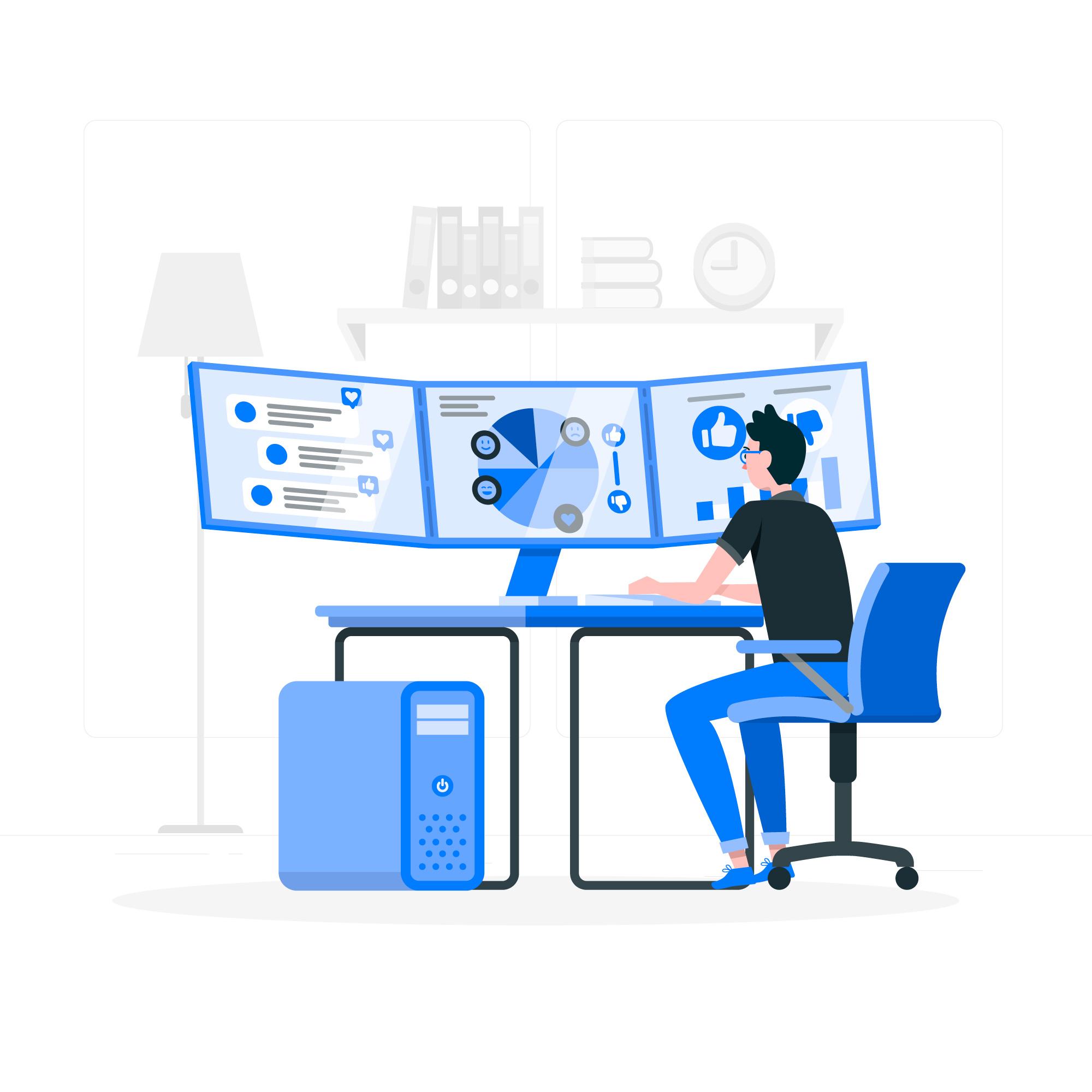In today’s dynamic business environment, the need for efficient and accurate employee data management is more critical than ever. Whether you’re a small business or a large enterprise, managing personnel records manually can lead to errors, compliance issues, and data loss. This is where HR Management Systems (HRMS) come in. These advanced tools streamline HR operations and ensure accurate record-keeping, a cornerstone of effective human resource management.
In this blog, we’ll explore how accurate record-keeping with HR management systems benefits businesses, the challenges it solves, and how to implement it for long-term efficiency.
Why Accurate Record-Keeping is Crucial in HR
Accurate HR record-keeping isn’t just about storing information. It forms the foundation for:
-
Regulatory compliance with labor laws and audits
-
Employee lifecycle tracking, from recruitment to offboarding
-
Payroll accuracy and tax documentation
-
Data-driven decision-making for HR policies and performance
-
Workplace transparency and conflict resolution
Mistakes or gaps in record-keeping can lead to fines, legal complications, and reputational damage.
What is an HR Management System (HRMS)?
An HR Management System is a software solution designed to automate and streamline HR tasks. These systems handle everything from:
-
Recruitment and onboarding
-
Attendance and leave tracking
-
Payroll and benefits administration
-
Performance evaluation
-
Compliance reporting
-
Employee records and documentation
With a centralized and automated system, HR departments can maintain consistent, up-to-date, and accurate records effortlessly.
Key Benefits of Using HRMS for Accurate Record-Keeping
1. Centralized Database
HRMS provides a single source of truth. All employee data is stored in one centralized platform, eliminating redundancy and ensuring consistency across departments.
2. Real-Time Updates
Data can be updated in real-time, minimizing the risks of outdated information. Changes in job roles, salaries, or contact details are instantly recorded and accessible.
3. Improved Compliance
HRMS helps companies stay compliant with laws such as GDPR, HIPAA, FMLA, and others. Automatic alerts and audit trails ensure that required documentation is in place and deadlines are met.
4. Enhanced Security
Modern HRMS platforms offer encrypted storage and role-based access, ensuring sensitive employee data is protected against unauthorized access or breaches.
5. Reduced Human Errors
Automated data entry and validation rules reduce the chances of manual errors in employee records, improving overall accuracy.
6. Easy Retrieval and Reporting
Advanced search and filter options allow HR professionals to access specific data quickly. Generating reports for internal or external audits becomes seamless.
Common HR Record-Keeping Challenges and How HRMS Solves Them
| Challenge | How HRMS Helps |
|---|---|
| Misplaced or lost documents | Digital storage and cloud backup |
| Manual data entry errors | Automated workflows and validations |
| Compliance risks | Built-in legal frameworks and reminders |
| Difficulty in data access | Centralized, searchable, and user-friendly interface |
| Lack of integration | Integrates with payroll, attendance, and more |
Best Practices for Accurate Record-Keeping with HRMS
1. Implement a Clear Data Entry Protocol
Ensure your HR team understands how to input and update data correctly. Consistency in data entry leads to more reliable records.
2. Regular Data Audits
Schedule periodic audits of your HRMS database to identify and correct discrepancies.
3. Train Your HR Team
Even the best system fails if not used correctly. Provide comprehensive training on using the HRMS effectively.
4. Utilize Automation Features
Use automation to handle repetitive tasks like attendance tracking, onboarding workflows, and reminders for document renewals.
5. Update Policies and Compliance Settings
Keep the system updated with the latest HR regulations and company policy changes to maintain legal compliance.
Industries That Benefit Most from Accurate HRMS Record-Keeping
While all industries can benefit, HRMS record-keeping is especially critical in:
-
Healthcare (due to compliance and credential tracking)
-
Manufacturing (for labor law and safety compliance)
-
IT and Tech (for performance tracking and fast-paced onboarding)
-
Education (for staff qualifications and training records)
-
Retail and Hospitality (for high employee turnover tracking)
How to Choose the Right HRMS for Your Business
When selecting an HRMS, look for:
-
User-friendly interface
-
Scalability as your business grows
-
Integration with payroll, CRM, and ERP systems
-
Customizable reporting tools
-
Cloud-based access for remote teams
-
Data security features
Popular platforms include BambooHR, Zoho People, Workday, and ADP.
The Future of Record-Keeping: AI and Analytics
HRMS platforms are evolving with AI-driven insights and predictive analytics. These tools help HR teams forecast turnover, identify skill gaps, and make proactive decisions—all based on accurate records.
Conclusion
In a world where data is power, accurate record-keeping with HR management systems is no longer optional—it’s a necessity. An efficient HRMS not only saves time and reduces errors but also enhances compliance and empowers better business decisions.
Whether you’re an HR professional, a business owner, or a decision-maker, investing in a robust HRMS will streamline your operations and future-proof your workforce management.


8 Responses
Thanks for the great read! Very informative and well-written.
Really helpful content — I learned a lot from this!
Great post! I really enjoyed reading this. Your insights were clear and helpful — thanks for sharing!
Really helpful content – thanks for putting this together!
This was a great read! I learned something new today.
Well written and inspiring! Keep up the great work.
Thanks for sharing! I learned something new today.
Great insights! This really gave me a new perspective. Thanks for sharing.